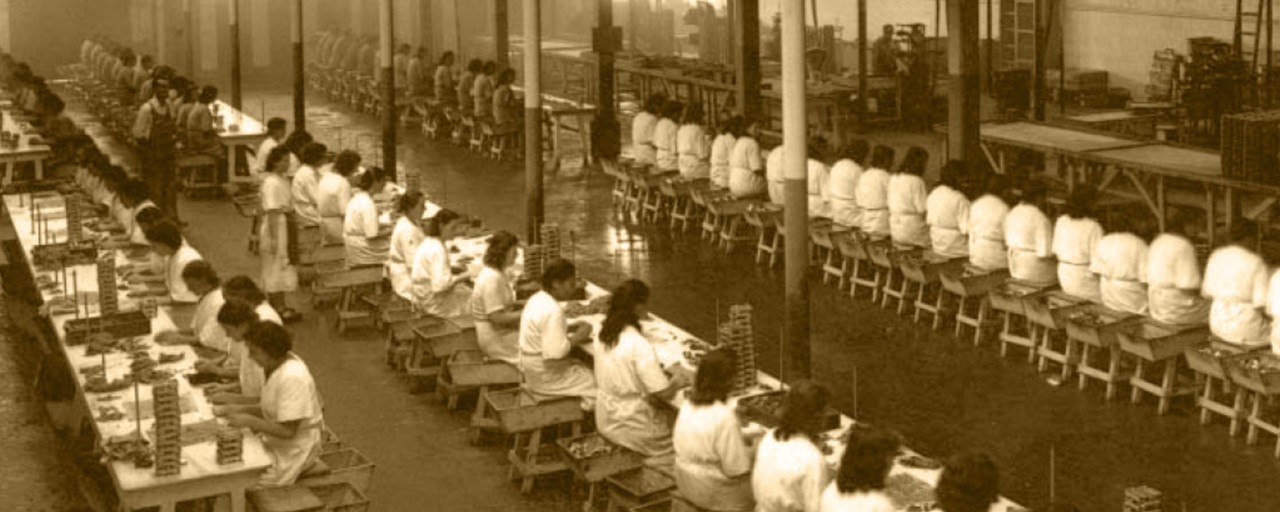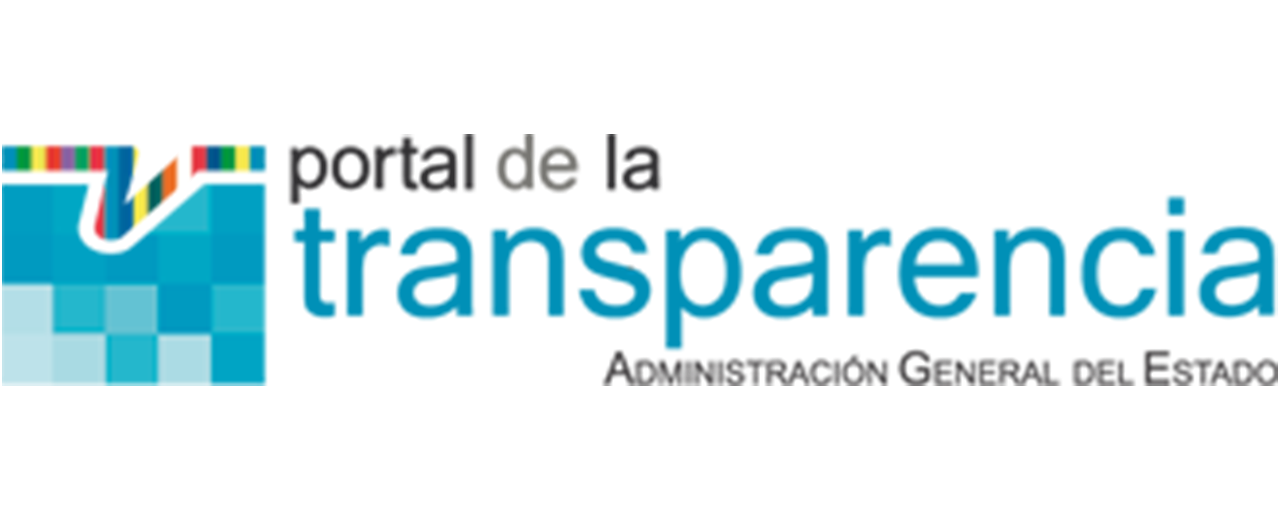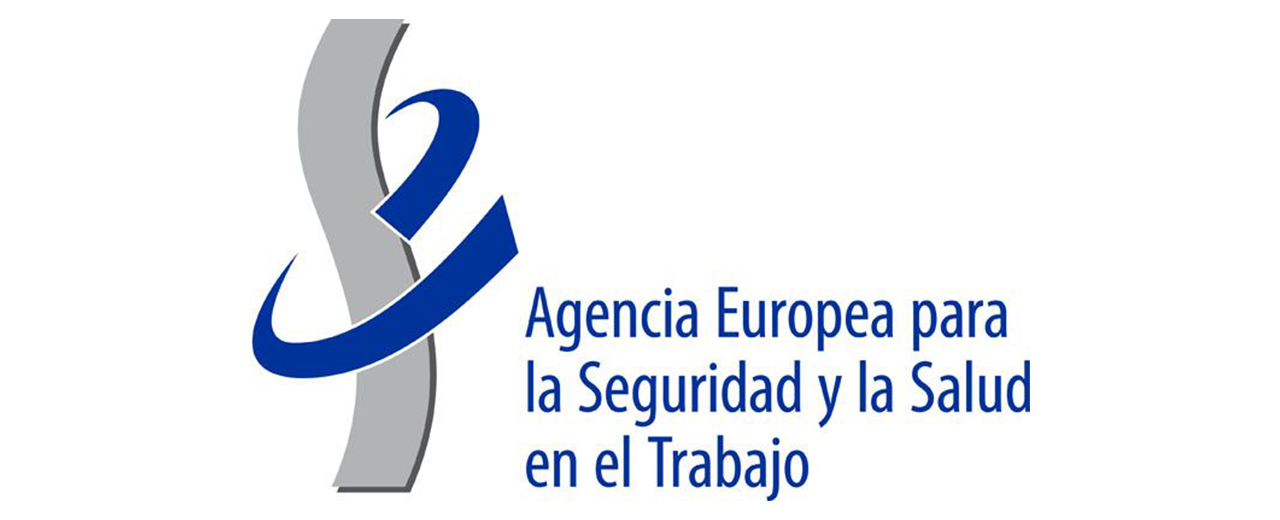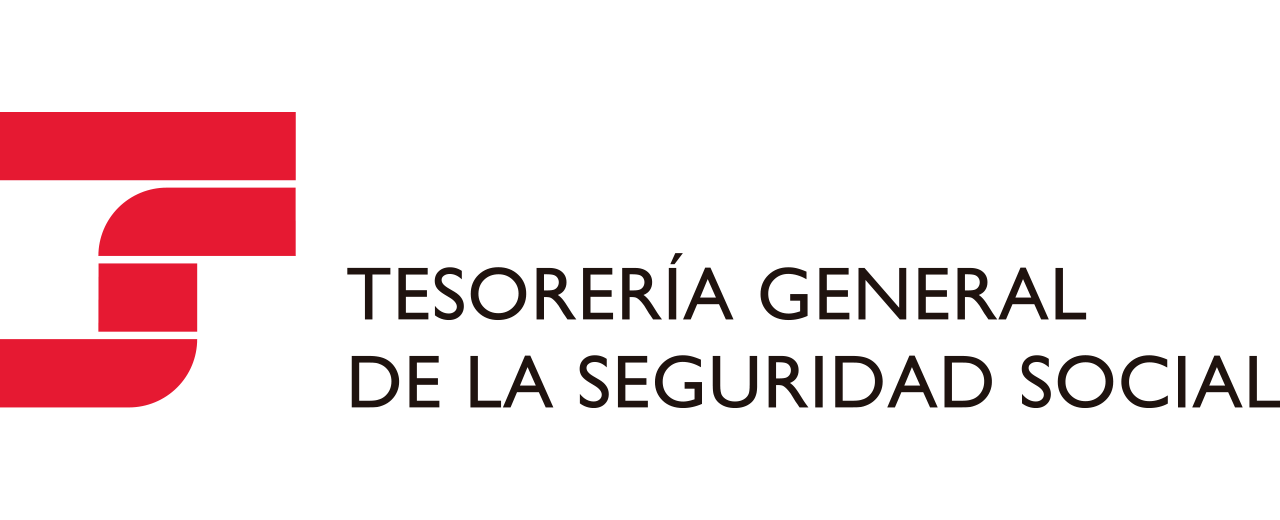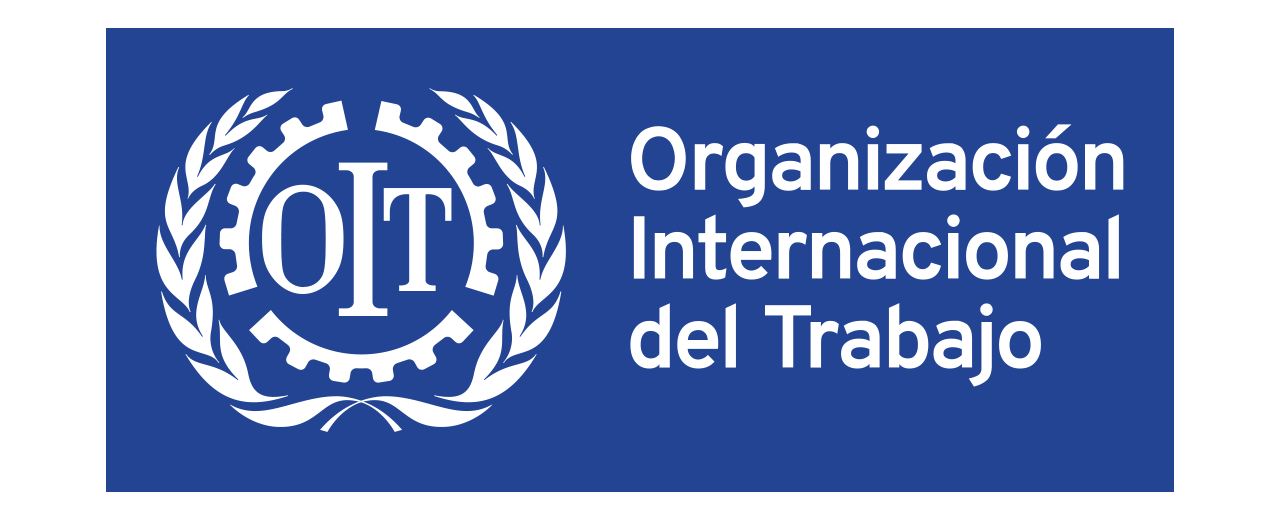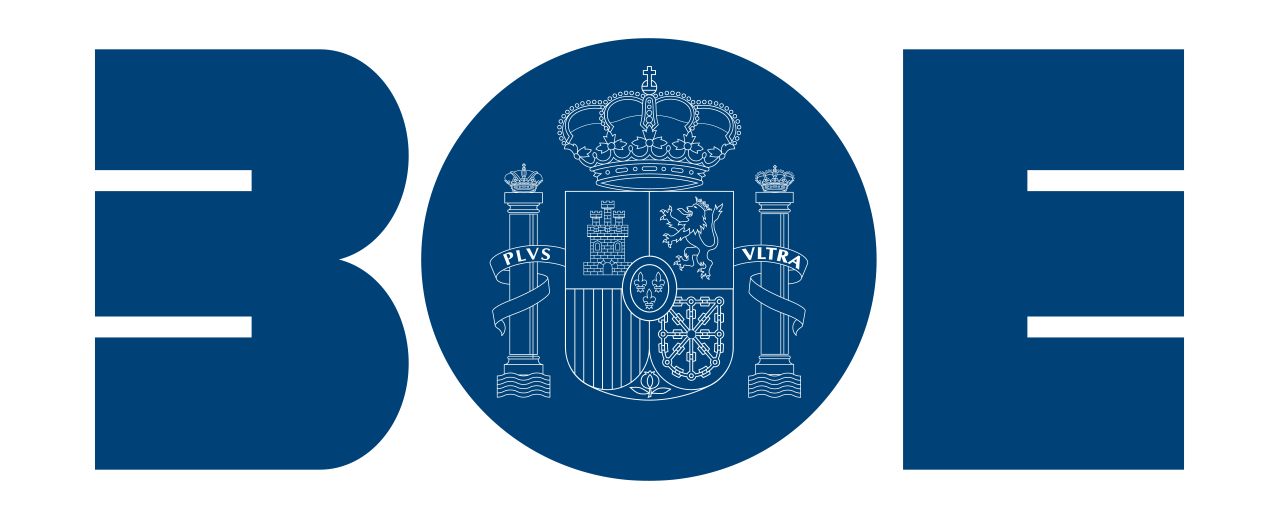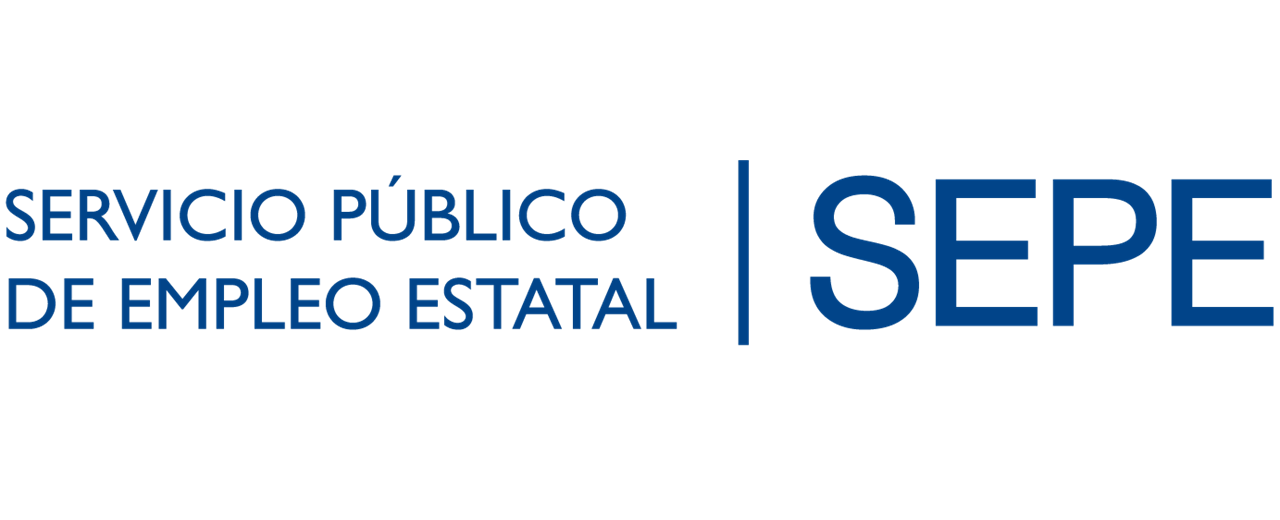The Labour Inspectorate was born in Spain a the beginning of the 20th century, coinciding with social reforms which improved the conditions of the most disadvantaged working classes. An historic moment that coincided with the promulgation of a large number of revolutionary rules such as the Industrial Accidents Act of 1900 or the Employment of Women and Minors Act of 1900.
El Regulations for the Labour Inspection Service, Promulgated by Royal Decree of March 1, 1906, it professionalized the work of these public officials. Under this foundational rule, Labour Inspectors were equated with administrative officers and given a number of powers in their visits to workplaces. Any impediment to their surveillance work in such workplaces was penalized.
From 1906 The Labour Inspectorate is responsible for monitoring compliance with social legislation, which was still in its infancy and, more than 120 years later, in constant profusion and revolution.

